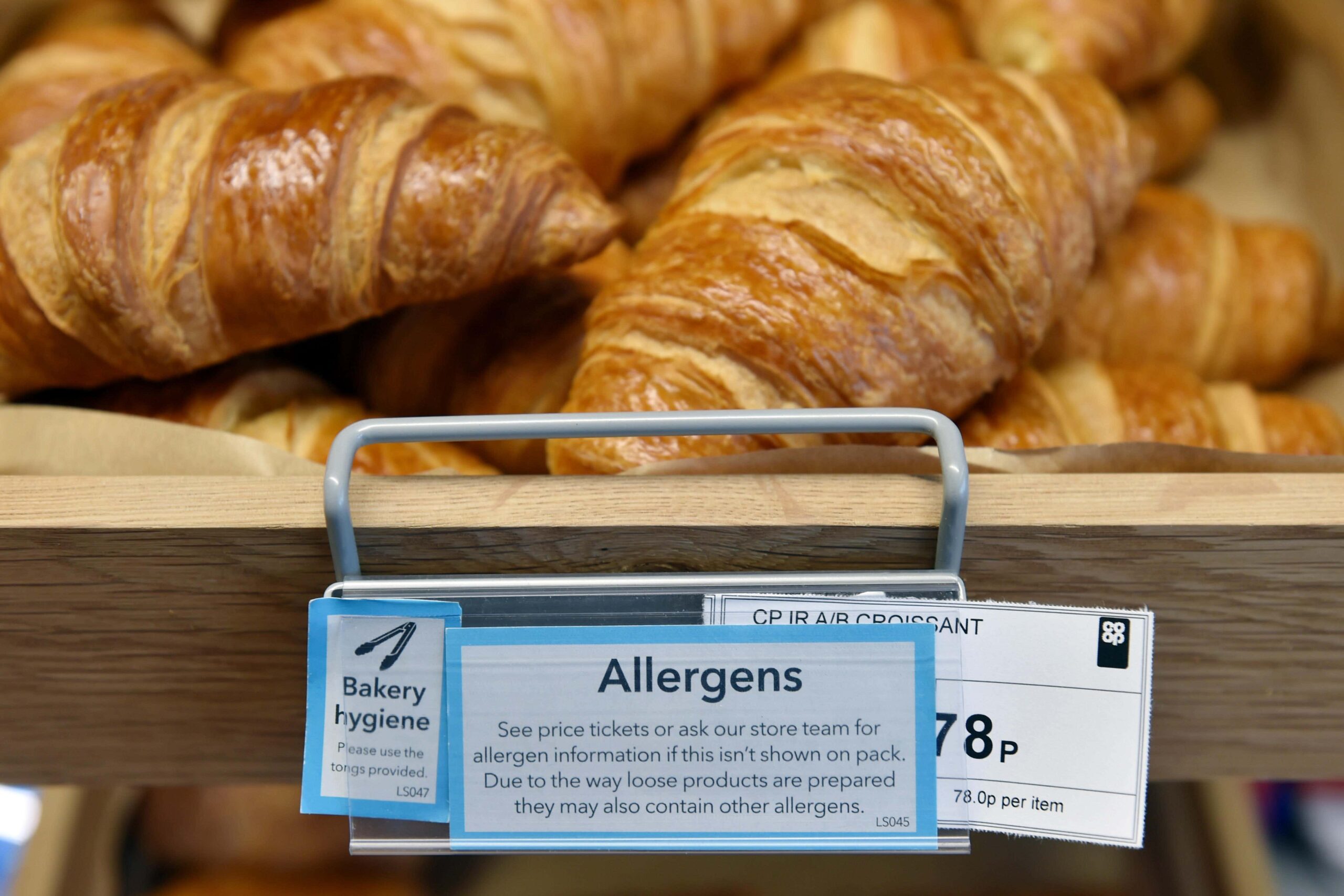Peanuts are the most commonly known food to trigger a severe allergic reaction, but scientists are warning of a new wave of problematic foods.
Food packaging in the UK and EU already lists the most common 14 allergens for people to be aware of – these include peanuts, shellfish, soya beans, milk and eggs.
However, at least four more should be added to the mandatory risk list, according to a study by Dominique Sabouraud-Leclerc, lead investigator for the Allergy Vigilance Network, and her colleagues at the Centre hospitalier universitaire de Reims in France.
Findings published in the journal Clinical & Experimental Allergy suggested goat’s and sheep’s milk, buckwheat, peas-lentil, and pine nuts should be added to the risk list.
Others of concern included kiwi fruit, apples and bee products such as honey, edible pollen, and royal jelly.

There were 3,000 cases of food-induced anaphylaxis, a severe and life-threatening reaction, reported to the Allergy Vigilance Network in Europe between 2002 and 2023. Of these, 413 reactions and two deaths were caused by one of the eight emerging food allergies mentioned by the researchers.
“Given their frequency, severity, recurrence, and potential for hidden exposure, we propose that four — goat’s and sheep’s milk, buckwheat, peas-lentil, and pine nut — be considered for inclusion in the list,” the study authors said.
Researchers explained that the rise of anaphylaxis in these new foods could be due to a shift in eating habits over the past decade, with more people opting for a plant-based diet including a variety of nuts, seeds and fruits – exposing consumers to new allergy risks.
For example, although pea is not one of the 14 allergens currently required to be listed by law, pea protein is increasingly being added to a wide range of foods.
Simone Miles, chief executive of Allergy UK, said the research “shows that even lesser-known allergens can cause serious reactions and life-threatening anaphylaxis”.
Allergy UK urges the 21 million people in the UK with an allergy to be cautious and always check the label.
Many people struggle with “unclear” food labelling and “vague ‘may contain’ warnings”, which make it difficult to know if it is safe to eat, Ms Miles added.
A food allergy occurs when the body’s immune system overreacts to a food and mistakes it for something harmful. It prompts the production of histamine – this chemical then causes symptoms such as itchy skin, swollen lips and in severe cases, anaphylaxis and difficulty breathing.
